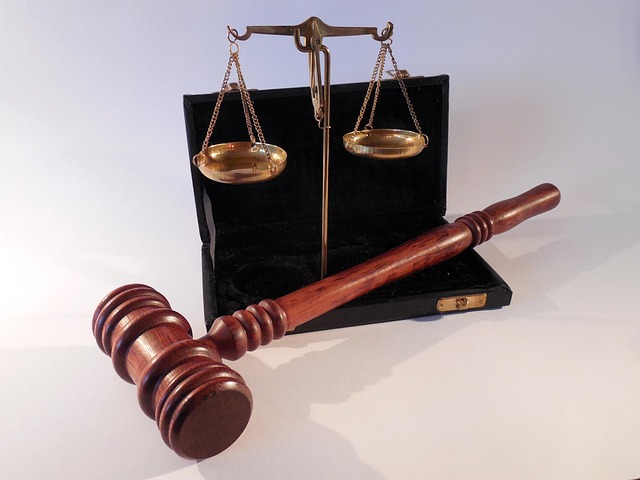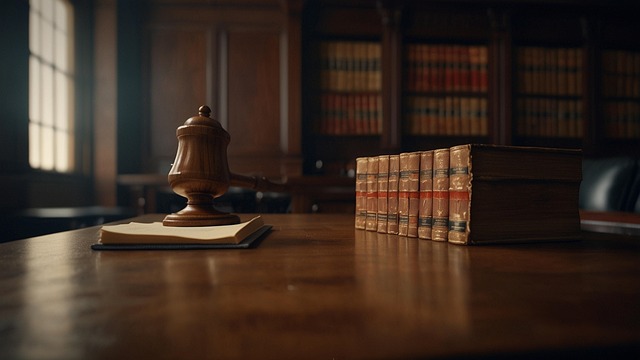Whistleblower Protection Laws safeguard individuals exposing illegal activities within organizations, empowering them to play an active role in justice. Understanding Criminal Procedure Law basics is crucial for navigating lawsuits, securing dismissals, and navigating investigations & trials. White collar defense attorneys guide clients through these complexities, protecting rights and ensuring legal system integrity.
Whistleblower protection lawsuits are a crucial aspect of ensuring accountability and transparency within organizations. In this article, we delve into the intricacies of whistleblower protection laws, providing a comprehensive guide for those considering legal action. We’ll explore key elements of a successful lawsuit, navigate the criminal procedure involved, and offer insights into understanding the basics of criminal procedure law. By defining these protections and demystifying the legal process, individuals can confidently step forward as whistleblowers.
- Defining Whistleblower Protection Laws
- Elements of a Successful Lawsuit
- Navigating Criminal Procedure in Whistleblower Cases
Defining Whistleblower Protection Laws

Whistleblower Protection Laws are designed to safeguard individuals who expose illegal or unethical activities within their organizations from retaliation. Understanding Criminal Procedure Law Basics is crucial in navigating these legal protections. These laws ensure that whistleblowers can come forward with confidence, knowing they will not face adverse consequences for their actions. By providing a framework for all stages of the investigative and enforcement process, these regulations foster a culture of transparency and accountability.
The importance of Whistleblower Protection Laws cannot be overstated in the context of general criminal defense strategies. They empower individuals to achieve extraordinary results by encouraging them to come forward with information that can lead to significant legal and organizational changes. Through these laws, whistleblowers become active participants in the pursuit of justice, ensuring that wrongdoings do not go unnoticed or unaddressed.
Elements of a Successful Lawsuit

When navigating whistleblower protection lawsuits, understanding criminal procedure law basics is essential for achieving extraordinary results. A successful case hinges on several key elements. First, it’s crucial to establish that an individual has indeed blown the whistle on illegal activities within a company or government entity. This act of reporting, often done in good faith, forms the foundation of the lawsuit.
Additionally, plaintiffs must prove they faced adverse actions as a direct consequence of their disclosures. These actions could include terminations, demotions, or any form of retaliation. Demonstrating these elements through robust evidence and legal arguments is vital for securing a complete dismissal of all charges across the country.
Navigating Criminal Procedure in Whistleblower Cases

Navigating Criminal Procedure in Whistleblower Cases involves understanding the intricacies of the legal system as it pertains to those who expose fraudulent or illegal activities within their organizations. When a whistleblower files a lawsuit, he or she enters a complex landscape that demands a deep grasp of criminal procedure law basics. This includes knowledge of how investigations unfold, from initial disclosures and grand jury proceedings to charges being filed and trials commenced.
For his clients facing these challenges across the country, white collar defense attorneys play a pivotal role in guiding them through this labyrinthine process. They ensure their rights are protected at every step, from challenging the admissibility of evidence to negotiating plea deals or mounting robust defenses in court. This strategic navigation is crucial to safeguard not just the interests of the whistleblower but also to maintain the integrity of the legal system itself.
Whistleblower protection lawsuits play a pivotal role in upholding justice and ensuring that individuals who expose wrongdoing are safeguarded. By understanding the fundamentals of whistleblower protection laws, recognizing the key elements of a successful lawsuit, and navigating the intricacies of criminal procedure, those involved can foster a culture of accountability. Embracing these legal principles is essential for creating a robust framework where whistleblowers feel empowered to come forward, knowing they have a solid foundation in the pursuit of truth and transparency. With a clear grasp of these legal concepts, individuals can actively contribute to a more just society where misconduct is not tolerated.






